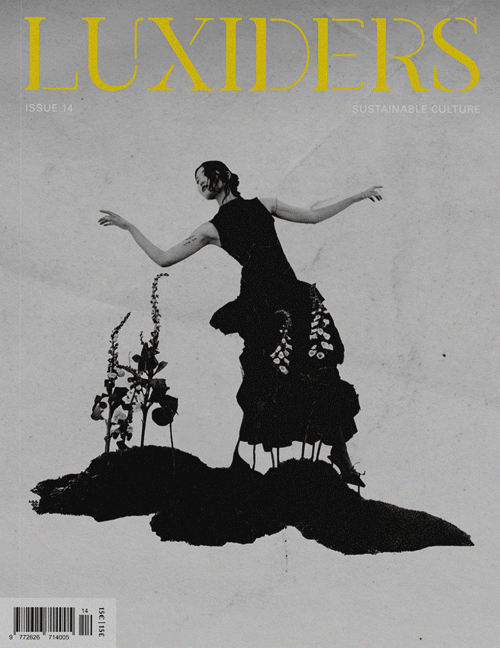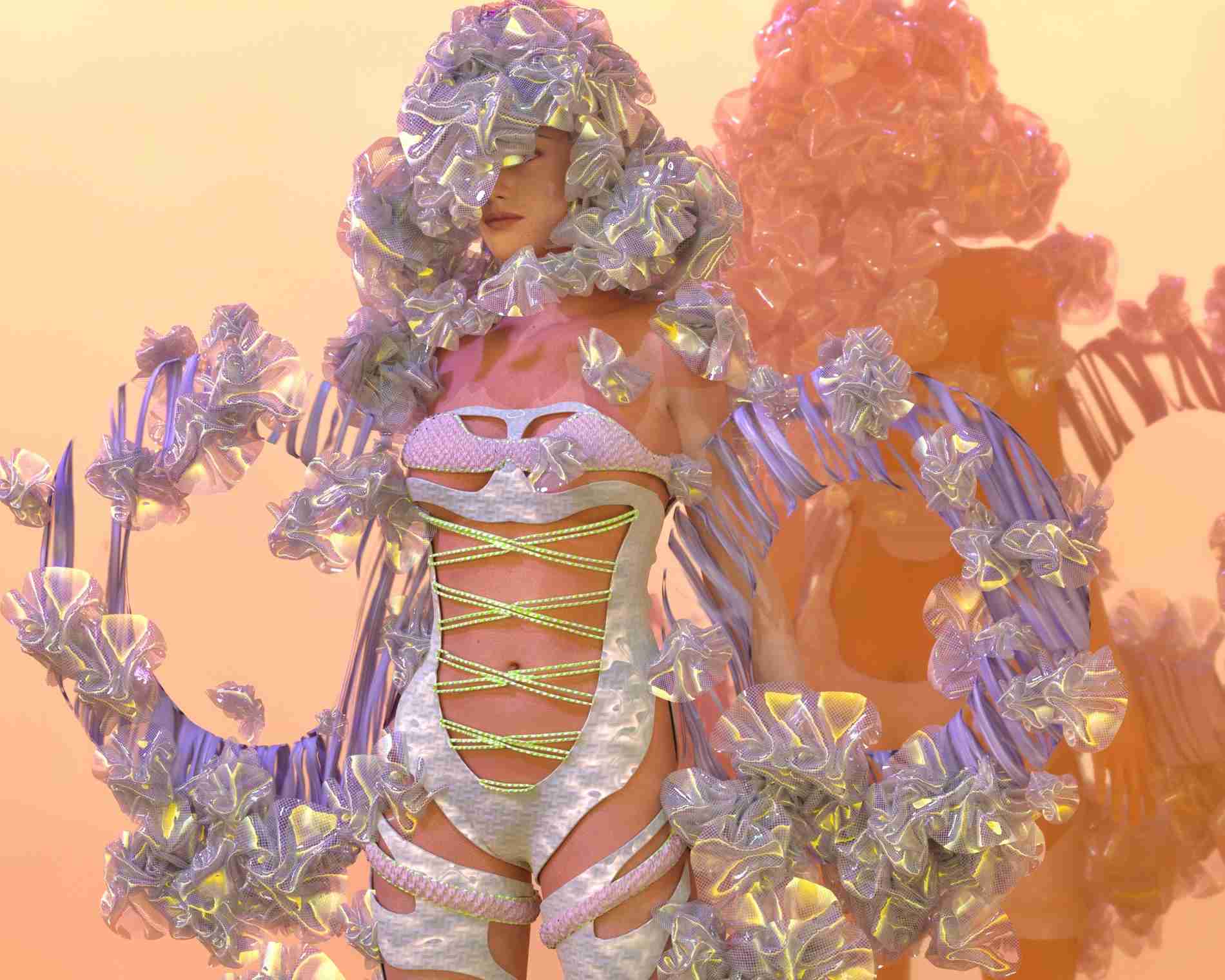
Augmented Reality Fashion | AR Fashion Try On Is The Future
Augmented Reality in fashion is transforming the way we see fashion. This technology enables us to challenge the boundaries of fashion, explore new identities and experience new forms of self-expression. Is AR fashion a gimmick or the future?
WHAT IS AUGMENTED REALITY FASHION TRY ON?
AR clothing try-on generally refers to the process of designing fashion in the metaverse. And later accessing this fashion through your phone or laptop. A hybrid between a green-screen effect, and a snapchat filter the clothing moves with your body on video.
A blending of the physical and virtual world, digital fashion allows us to access identities and creativity that are limited by practicality. Initially only a dream, AR fashion is becoming its own popular niche with designers and brands creating new, beautiful fashion for consumers.
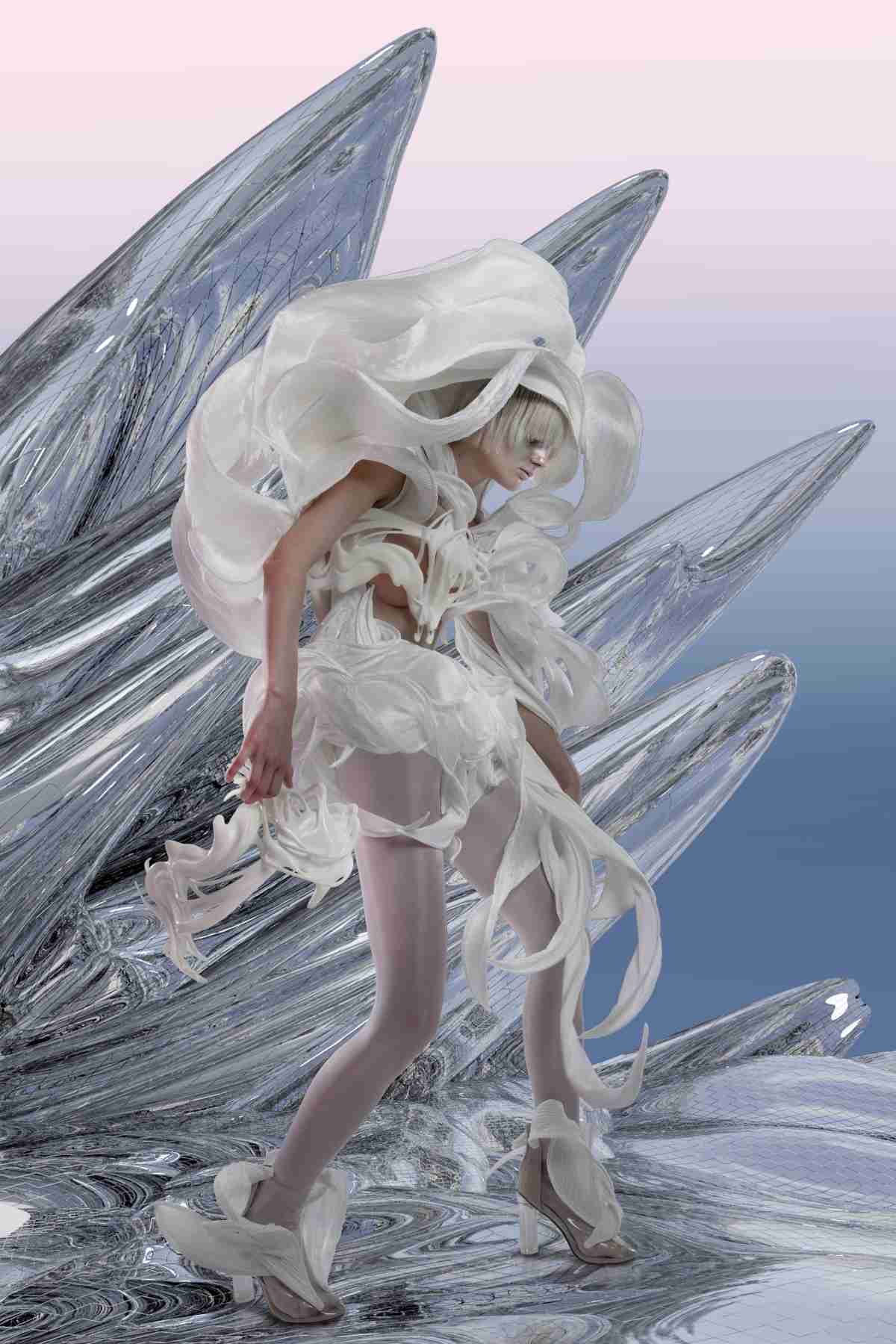
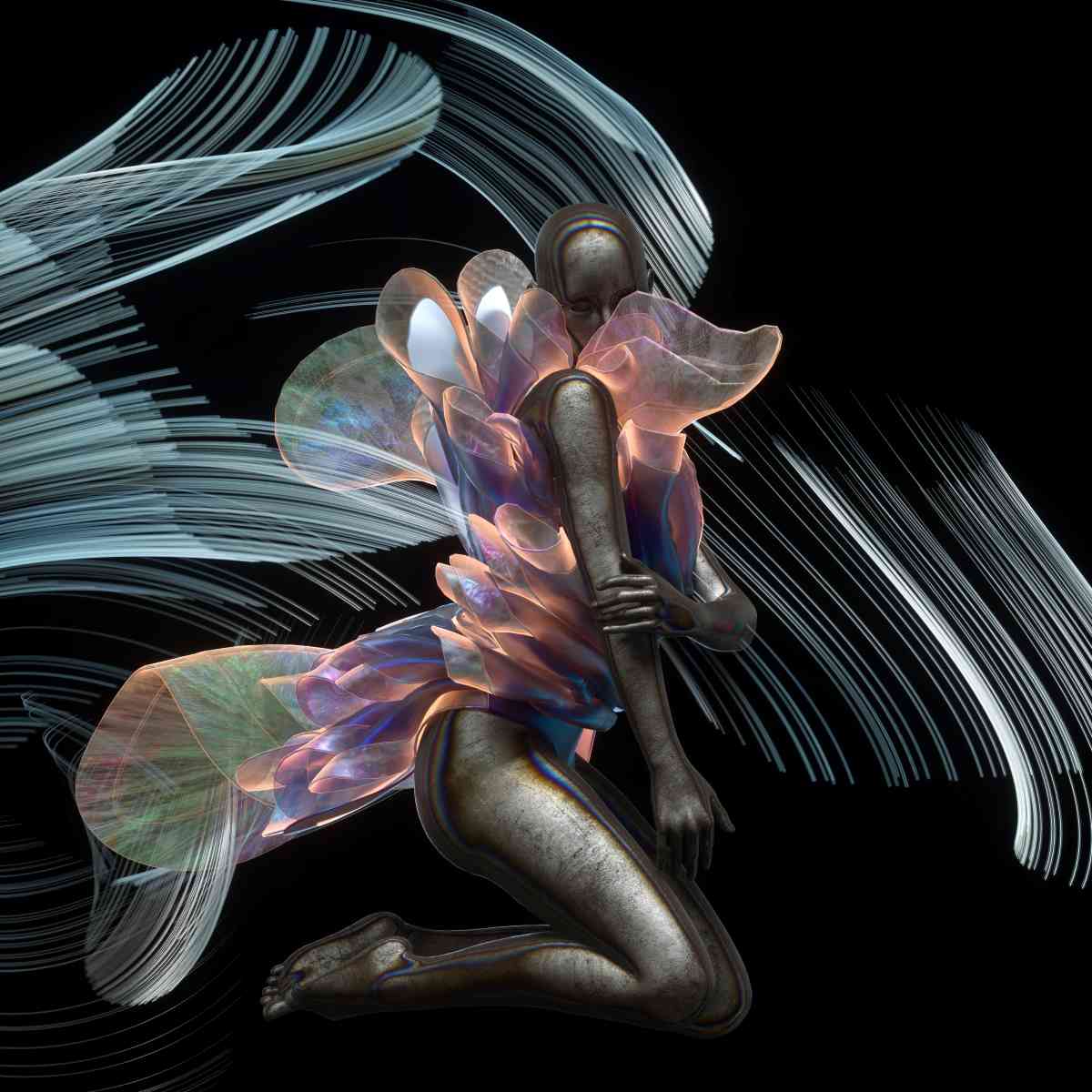
NO LONGER A DREAM: A REALITY
FANRUI SUN
Fanrui Sun is an upcoming digital designer specialising in digital fashion. Her whimsical, complex designs are both eye-catching and beautiful. Fanrui works alongside fashion brand XTENDED IDENTITY, to challenge the concept of fashion and Augmented reality.
For Fanrui, Augmented Reality fashion allows her to expand her imagination: “Digital clothing only exists in digital images that just didn’t seem enough for me.” Digital clothing added a layer of interaction, “it can make consumers feel more involved wearing digital garments by blurring the boundaries between the digital and the physical world.”
The digital fashion industry is one that is constantly changing, with its popularity growing substantially after the pandemic. “With the rise of the digital fashion wave, more and more forces are joining the industry, which means that there will be more work displayed and everyone is writing a new chapter of digital fashion together.” Fanrui says “such a cohesive force cannot be underestimated, and I am very much looking forward to the future of digital fashion.”
“such a cohesive force cannot be underestimated, and I am very much looking forward to the future of digital fashion.”


“Digital fashion is a way to achieve the craziness of designs because there is no limitation for digital fashion in terms of gravity, time, and materials.”
XTENDED IDENTITY
XTENDED iDENTiTY, short Xi, is a digital fashion brand, founded by Xing Yunjia and Ziqi Xing in October 2020 with its headquarters in London, United Kingdom.
The brand aims to extend everyone’s identity beyond limitations, presenting fashion in an innovative, futuristic, and boundary-free way. XTENDED iDENTiTY strives to make everyone feel represented with their brand, helping the female and LGBTQ+ community to find their place in the crypto world by using non-binary digital fashion as a bridge between their identity and Web3.
When considering the growth of Augmented Fashion, the founders of XTENDEDIDENTiTY explained: “We think it is fascinating because phygital is the future of fashion. When we talk about phygital, it means a garment that consists of digital parts and physical parts that form a total look. For instance, the model would wear the physical part of the dress as well as a digital AR matching butterfly wings at the same time.” They continued “the beauty of combining digital and physical is that it enhances people’s dressing experience beyond reality.”
For the team, phygital fashion is the future: “We believe that phygital fashion will become huge in no time.” The founders continued “The fashion industry is always seeking innovations and creativity, and digital fashion is a way to achieve the craziness of designs because there is no limitation for digital fashion in terms of gravity, time, and materials.”
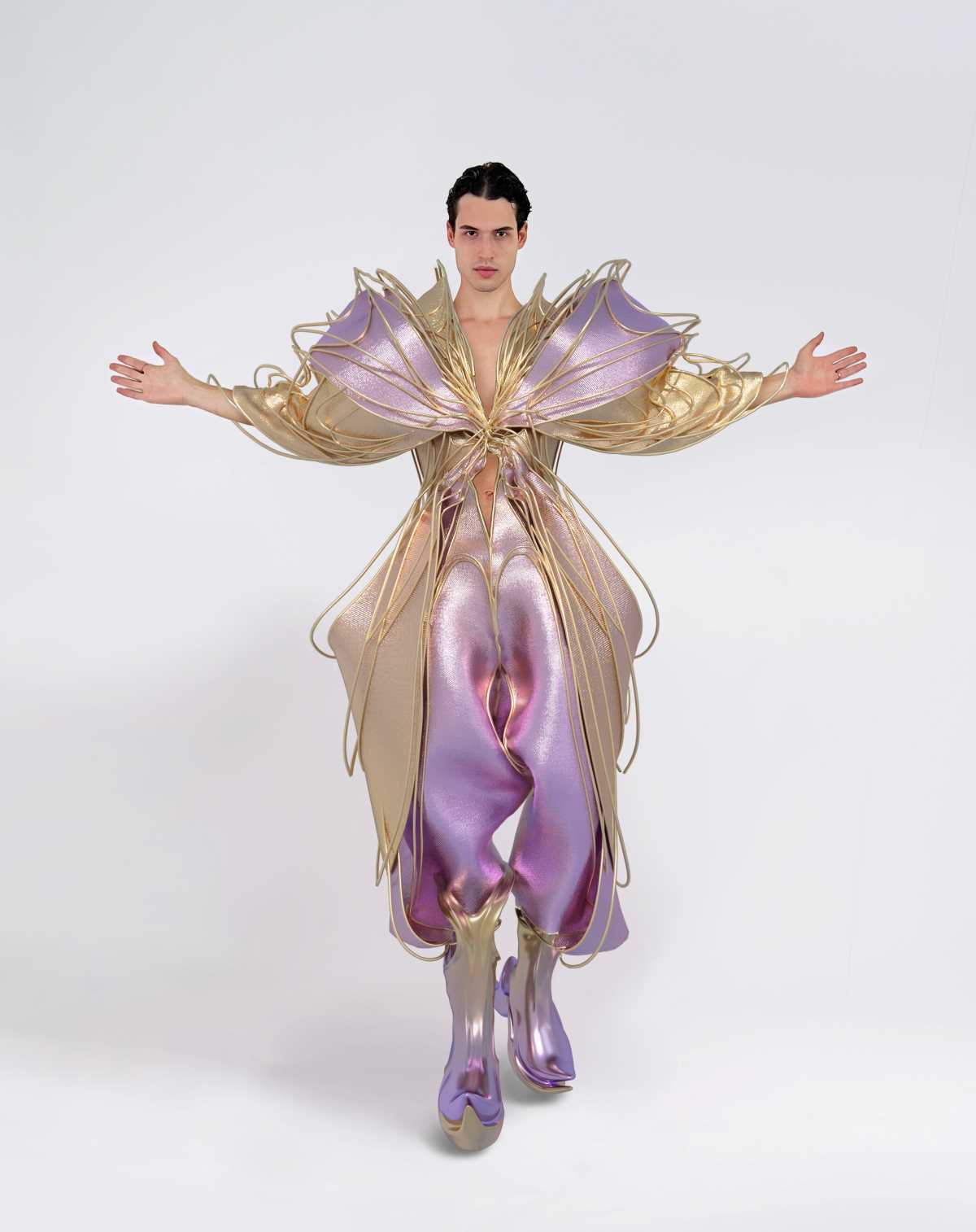
REPUBLIQE
REPUBLIQE is the metaverse-ready digital fashion house. They believe that every fashion brand with a real-world presence needs to have a virtual one too. As well to designing their own virtual clothing, REPUBLIQE assists big names in the fashion industry, turning their physical clothes into digital versions. REPUBLIQE is also working on creating, designing and eventually, selling digital fashion NFTs.
Founder James Gaubert sees digital fashion as a more sustainable option: “Digital fashion is as sustainable as fashion can ever be, well today anyway”
Explaining further: “You don’t have to search very hard on Google to find a million stats that tell you the damage that is being caused to our planet from the Fashion industry, whether it be a drain on raw materials, water used to grow fabrics, fuel to ship product around the world, essentially every stage of the supply chain is causing more and more issues.” James says.
“We have done a huge amount of research on today’s Gen Z consumers. I call them the love island brigade. they look online than they do in the real world, therefore spending money on physical clothing, only to be worn once online doesn’t make sense.”
“It is worth mentioning that there is still a small carbon footprint associated with digital clothes, we all use computers etc that require electricity to run, but this is a fraction of the drain on our planet caused by creating physical garments,” James says.
Digital fashion is led by a new form of consumer, a conscious digital one, as James explains: “We have done a huge amount of research on today’s Gen Z consumers. I call them the love island brigade. Essentially these types of consumers live their life online and on social media, they care more about how they look online than they do in the real world, therefore spending money on physical clothing, only to be worn once online doesn’t make sense.”
It isn’t only consumers challenging the potential of fashion, the concept of designing virtual clothing challenges boundaries: “we can push the boundaries with garments that are created and use fabrics and designs that you may not be able to use in the real life, either due to cost or practical reasons.” James says.
For many of us, it may seem strange to purchase clothing that you cannot tangibly touch. But the evidence is showing a growing sense of physical and virtual identity: People care about how they look, and they have these digital personas that they try to build and keep up online, showing the world a certain view of themselves.” James continues,” digital fashion allows you to build on that. I’d also add that you do own clothing in some instances, if it is an in-game wearable, skin or even NFT, consumers 100% own those pieces!”
+ Words:
Emily Fromant
Luxiders Magazine
